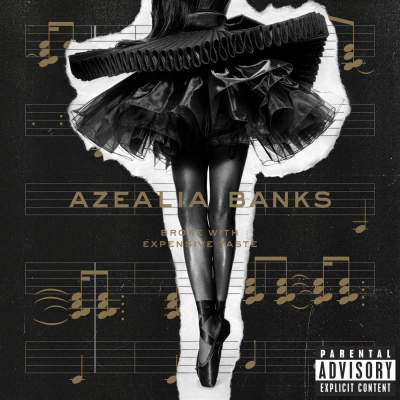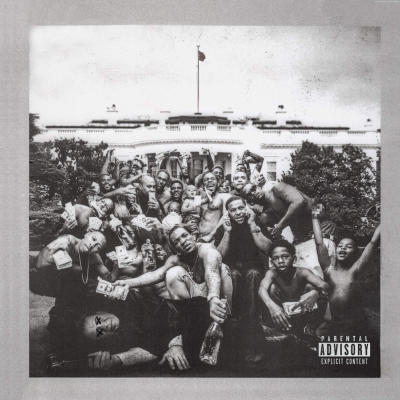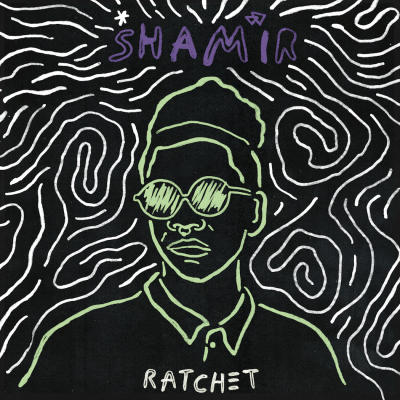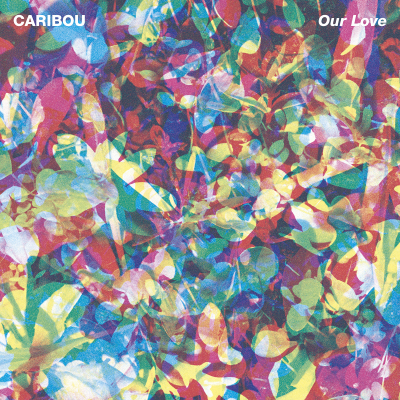In the summer of 2006 rapper Vince Staples turned 13. The California native was already involved with gang activities through his family and had experienced the murder of a close friend. Staples has explicitly stated that his music so far has been directly inspired by his experiences at that time. Last year’s Hell Can Wait EP featured a striking cover image showing a young man standing outside of a squat suburban home, the inhabitants of which seem oblivious to the fact that it is in flames.
Staples’ double-disc debut album Summertime ’06 follows in that autobiographical but abstract vein. Opening track “Ramona Park Legend, Pt. 1” is a sub-minute-long sketch featuring the sound of seagulls woven through ambient noise that positively drips with dread. Over the following 19 tracks, Summertime ’06 establishes that it is no celebrated summer, no nostalgia-driven remembrance, but a look back on a life that could have taken a very different path.
With Summertime '06, Vince Staples has followed through on all the promise shown by his earlier work. Tracks like the singles "Señorita" and "Get Paid" show that his confidence on the mic is always increasing, and that as his productions become less spartan, he never falls behind or gets drowned out. With 20 tracks over an hour, it's inevitable that not everything is amazing, but there is a wealth of great music here.
With this record, Staples is even challenging the current hip-hop king Kendrick Lamar. He may not be as musically adventurous as Lamar, but as a storyteller he is just as capable. On the overwhelming, thunderous "Street Punks" he raps: "I don't know if ya heard of me / But you heard them shots on the block, it's a murder scene / Go on call the cops, open heart, durin' surgery / Now his breathing stopped, stupid niggas should of knew we tripping," but throughout the record the sometimes unreliable narrator reveals a complex relationship with this kind of menacing talk.
“I ain’t never ran from nothin’ but the police,” Staples repeats on “Norf Norf” over a sound that is eerily reminiscent of approaching sirens. “Norf Norf” is named for North Long Beach, California, an area known for high levels of crime, and finds Staples once again engaging with gangster bravado. “Put on my Yankee hat / I’m a gangster Crip / Fuck gangster rap,” he whines in his distinctively emotionally charged fashion, deftly exposing the lie beneath the affected tough exterior.
The record is equally as compelling when Staples drops that veneer of irony and opens up. On “Summertime”, over a beat that is slow and icy even by the standards of producer Clams Casino, Staples intones “Hope you understand / they never taught me how to be a man / Only how to be a shooter / I only need time to prove it.” He’s could be addressing the same woman he refers to as “bitch” in the first lines of “Norf Norf,” but this time letting himself and his flaws be exposed.
The dichotomy at the heart of the record is also expressed through its sonics. Though the album features several different producers from track to track, there is a consistency to the approach. Summertime ’06 is clearly influenced by the hard-edged West Coast hip-hop sound fostered by groundbreaking and influential groups like N.W.A. and Cypress Hill, which surely would have been a defining part of Staples’ childhood and teen years. Rather than simply being a throwback, though, this record takes that blueprint and invests it with a new vitality and sense of balance.
Throughout, female guest vocalists such as Jhené Aiko, Kilo Kish and Snoh Aalegra appear to offer counterpoint to the harsh backdrops over which Staples raps. Their presence makes for a sense of fullness that is rather uncommon in hip-hop. Though this may not be that far from a traditional hip-hop record - the woozy textures and introspective lyrics have precedence in the work of the Odd Future crew with whom Staples has been associated - but Staples and his collaborators bring a particular voice and point of view that is very engaging, almost cinematic.
Not every part of Vince Staples' impressive debut is immediately absorbing or gratifying, but at its best it is spectacular. It's full of hooks and arresting dynamics, but never sacrifices pathos for listenability. Like the best contemporary rap albums, it is full of fascinating and devastating contradictions and juxtapositions - interior and exterior, expectation and reality, past and present. It's not perfect, but it's pretty damn good.





